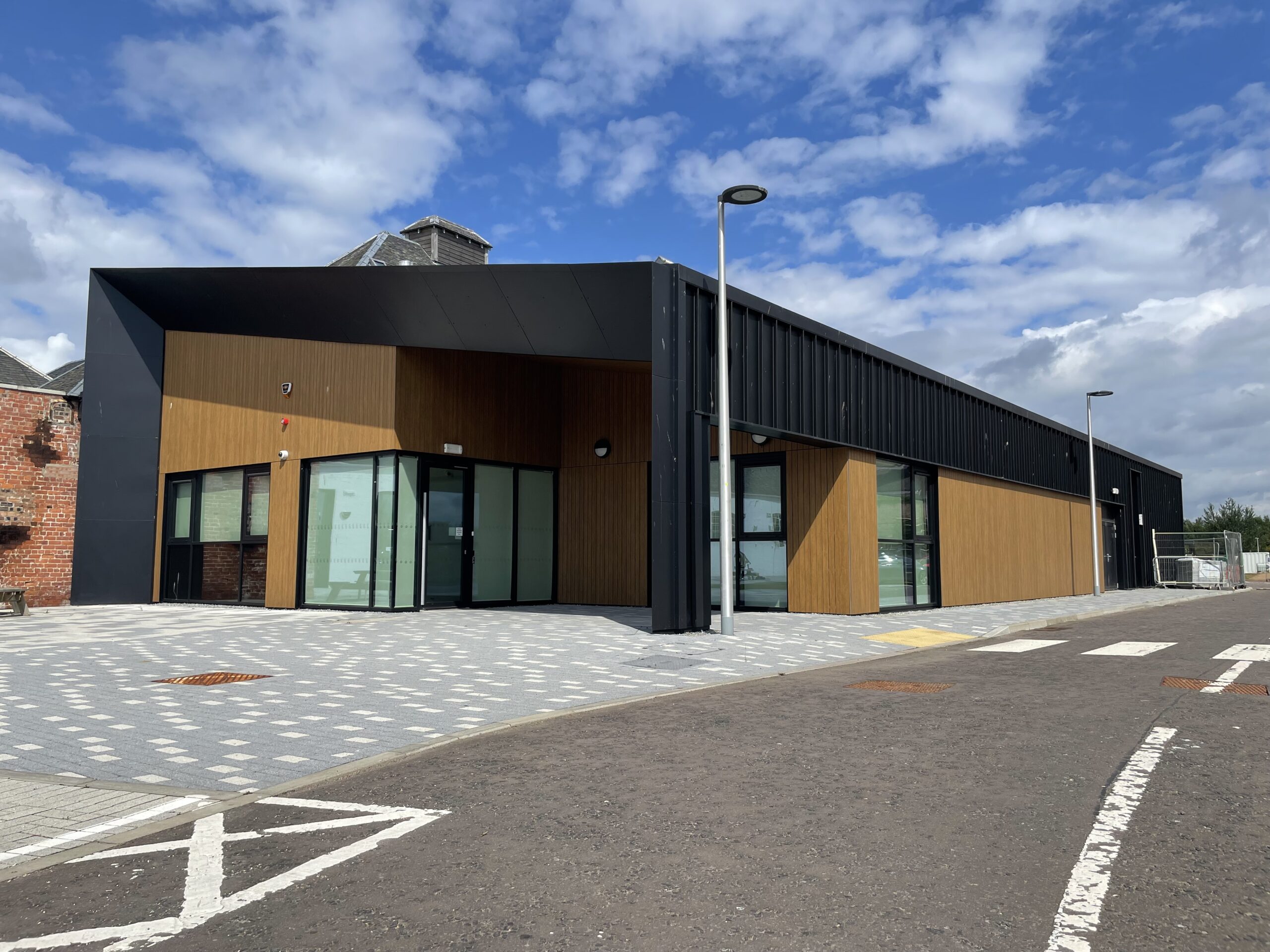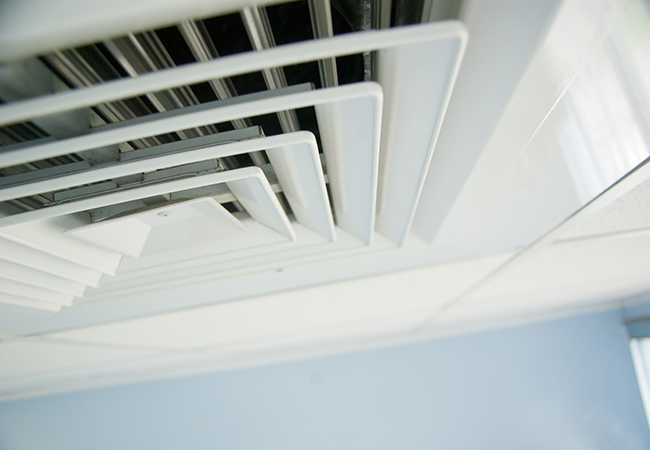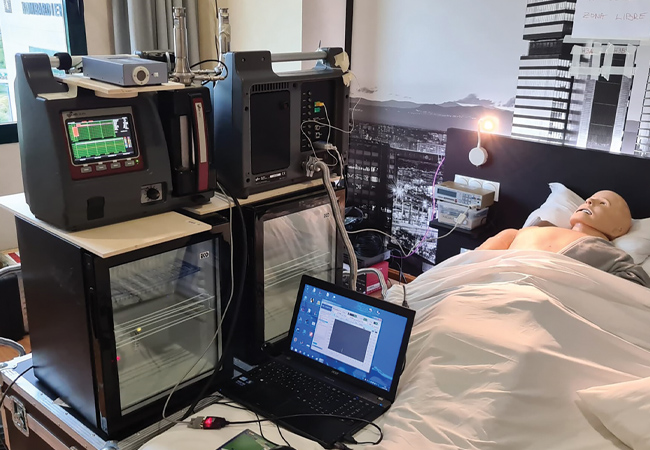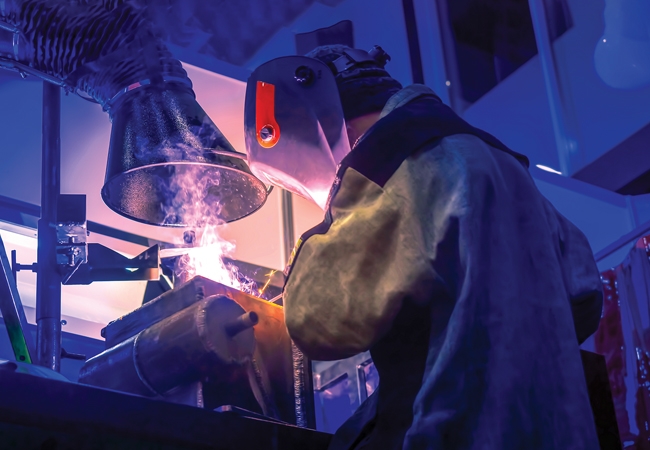Technical
Munters dehumidification systems chosen for battery research at University of St Andrews
The Colin Vincent Centre for Battery Technology, at the University of St Andrews is home to world-leading…
FOOTPRINT+ Conference: Where the best minds in property come to collaborate
The built environment is responsible for nearly 40% of global carbon emissions. As the industry moves toward…
Winter protection: version 4 of CIBSE’s Covid-19 Ventilation Guide
The cold season brings new challenges for building managers trying to minimise the Covid-19 risk while maintaining occupant comfort. Chris Iddon introduces the latest CIBSE…
Instant response: HVAC deep learning
With artificial intelligence, heating and air conditioning can react in real time to occupant activity, says Paige Tien, who explains how deep learning and occupant…
Oxford’s balancing act: city smart grid with ground source heat pumps
Oxford is building an intelligent local grid that will allow buildings’ heat pumps to be connected to a smart grid that is able to charge…
Sensible approach: specification advice for fan coil (terminal) units
Selecting the wrong fan coil (terminal) units can have disastrous consequences for occupant comfort, according to SSH’s Imran Shaikh at the CIBSE UAE Healthy Buildings Conference.…
Distance and dilution: Hoare Lea’s Covid-secure headquarters
Before Hoare Lea started offering advice to clients about making their offices Covid-secure it looked at how its own air handling units could be modified…
Unwanted guests: bipolar ionisation in hotel rooms
Bipolar ionisation can improve air quality and remove odours from hotel rooms, says Spire Building Services’ Adam Taylor, who highlights research in Spain on its…
Tall order: fire safety guidance for façades
Following the ban on the use of combustible materials in some building façades, two industry bodies have come together to produce guidance on these legislative…
Safety with numbers: using data to make workplaces Covid-secure
Data monitoring can help identify poorly ventilated office spaces at risk from Covid-19, as well as highlight poorly performing HVAC systems during lockdowns, says Carbon…
Understanding Hepa filters
An appropriately specified Hepa filter can be used in mechanically ventilated spaces and recirculating systems to practically remove small airborne particulates. CIBSE Journal technical editor…
Clear guidance: TR40 Best practice for exhaust ventilation
The risk of death and illness because of exposure to hazardous substances in the workplace can be cut by following the best practice guidance in…













